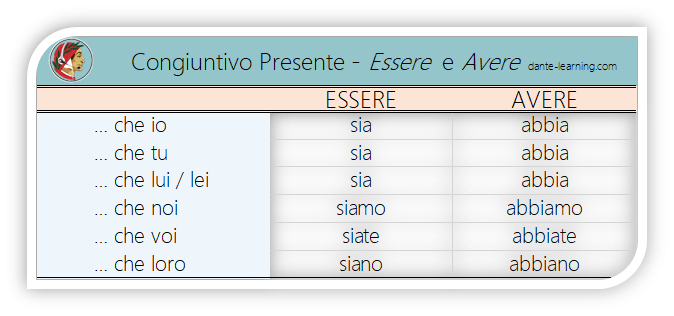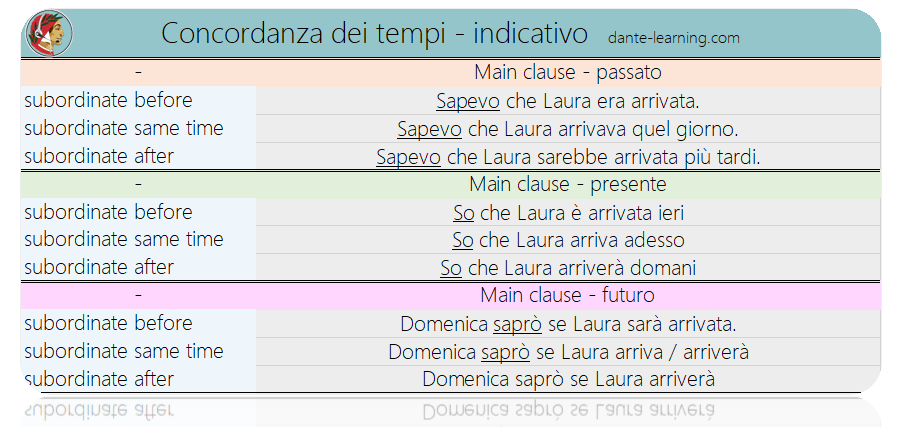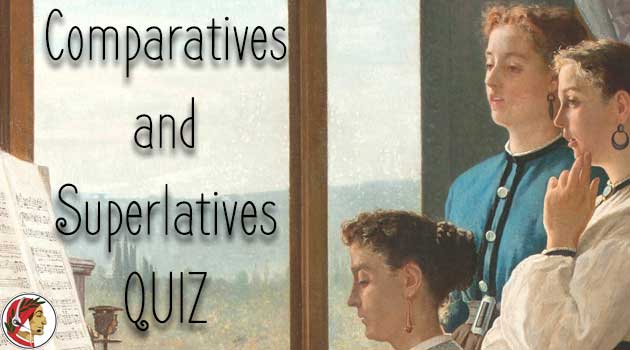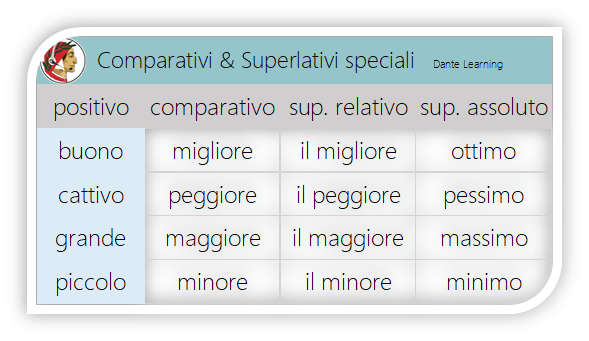Today we’ll talk about preposizioni di tempo
We learned that Italian prepositions, le preposizioni, do not follow precise rules. We can however indicate some important patterns.
Ciao a tutti.
Prepositions are always tricky. We can simplify this intricate topic by explaining the function of the preposizioni. Today I’m going to talk about time, il tempo.
Italian students learn the preposizioni semplici in a very precise order, since elementary school, sorted from the most common (di) to the least (tra/fra). If you are studying Italian with a native teacher, he or she will confirm that the preposizioni are…
DI – A – DA – IN – (CON – SU) – PER – TRA/FRA
DI
It’s by far the most common preposition and the most flexible. It indicates a simple relation between elements of a sentence. When we talk about time, DI can be used as follows.
- Preferisco studiare l’italiano di mattina.
- Mi incontro sempre con gli amici al bar di domenica.
- Domani devo lavorare di pomeriggio.
We can use DI to indicate a part of the day (di mattina – or mattino -, pomeriggio, sera, notte), a day of the week (di venerdì), less frequently seasons (d’estate, but more frequently in estate).
In the first and second example, di indicates a routine, a usual action. In the third one, it introduces a single event in a part of the day.
A
A is, like DI, used very frequently. As a preposition of time, A is similar to the English “at”, with remarkable differences. Let’s see some examples.
- Ho un appuntamento dal dottore alle cinque del pomeriggio.
- Sono nato a febbraio.
- A Natale in Italia non si lavora.
I need to see the doctor at 5. In this case A works like “at” but we say alle 5, literally “at the five”. Quite different when we talk about months: we usually say a febbraio (“at” February), but in febbraio is acceptable. Please note that months are written without the initial capital letter. When we have national holidays like Christmas, we say a… Natale, Pasqua, capodanno, ferragosto. (lit. “at” christmas).
DA
DA works like the English “since”, “for” and “from” when it’s related to time.
- Abito a Roma da cinque anni.
- Noi lavoriamo dalla mattina alla sera.
- Da quando siamo tornati a Londra, ci manca l’Italia.
Note that we use a simple present in this case (I live in Rome since… instead of I’ve been living in Rome for…). We can use da in combination with a just like from… to… . In the third example, we can describe a point in time in the past with da.
IN
- Mauro è nato nel 1984.
- Mi piace mangiare le arance in inverno.
- Gli italiani vanno in vacanza in agosto.
- La mia casa è stata costruita in sei mesi.
We can use in to indicate a year, a season, a month. It’s also used to define a period of time, with a beginning and an end.
PER
- Ho vissuto a Milano per 5 anni.
- Studierò all’Università di Venezia per i prossimi 4 anni.
- Ti aspetto ancora per 15 minuti, poi vado a casa.
In this case, per works like the English “for”, It describes an action lasting for a complete period of time in the past, in the future and an ongoing action with an end in the future.
TRA / FRA
- Tra 5 mesi, Federico diventerà padre.
- Partiremo per le ferie fra una settimana.
- Fra trent’anni forse andrò in pensione.
Federico will be a father in a month (from now). In this case we use tra or fra. These two prepositions are perfectly interchangeable. You may want to use the best match in terms of sound / pronunciation.
Con and Su don’t have any particular use when it comes to time. We can use SU to make an approximation like:
- Per andare alla stazione ci vorranno sui dieci minuti.
The station is about 10 minutes from here. That’s rather conversational, and su is valid for any approximation, not only time.
Thanks for reading. Alla prossima!
Italian painting of the day: Tiziano Vecellio, Bacco e Arianna (1523)




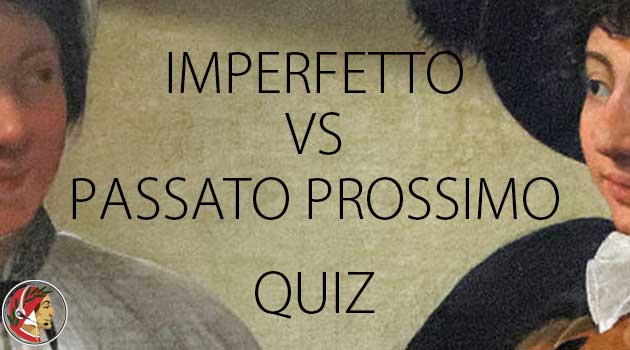



 ...
... 





